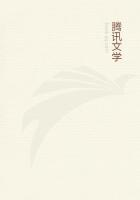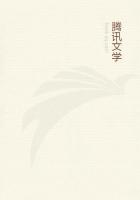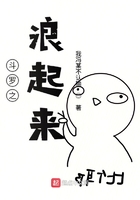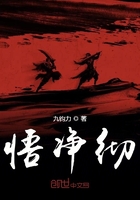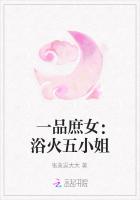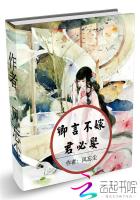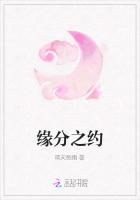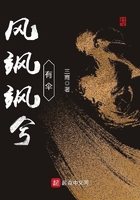The final years were years of apotheosis. In the dazzled imagination of her subjects Victoria soared aloft towards the regions of divinity through a nimbus of purest glory. Criticism fell dumb; deficiencies which, twenty years earlier, would have been universally admitted, were now as universally ignored. That the nation's idol was a very incomplete representative of the nation was a circumstance that was hardly noticed, and yet it was conspicuously true. For the vast changes which, out of the England of 1837, had produced the England of 1897, seemed scarcely to have touched the Queen.
The immense industrial development of the period, the significance of which had been so thoroughly understood by Albert, meant little indeed to Victoria.
The amazing scientific movement, which Albert had appreciated no less, left Victoria perfectly cold. Her conception of the universe, and of man's place in it, and of the stupendous problems of nature and philosophy remained, throughout her life, entirely unchanged. Her religion was the religion which she had learnt from the Baroness Lehzen and the Duchess of Kent. Here, too, it might have been supposed that Albert's views might have influenced her. For Albert, in matters of religion, was advanced. Disbelieving altogether in evil spirits, he had had his doubts about the miracle of the Gaderene Swine.
Stockmar, even, had thrown out, in a remarkable memorandum on the education of the Prince of Wales, the suggestion that while the child "must unquestionably be brought up in the creed of the Church of England," it might nevertheless be in accordance with the spirit of the times to exclude from his religious training the inculcation of a belief in "the supernatural doctrines of Christianity." This, however, would have been going too far; and all the royal children were brought up in complete orthodoxy. Anything else would have grieved Victoria, though her own conceptions of the orthodox were not very precise. But her nature, in which imagination and subtlety held so small a place, made her instinctively recoil from the intricate ecstasies of High Anglicanism; and she seemed to feel most at home in the ****** faith of the Presbyterian Church of Scotland. This was what might have been expected; for Lehzen was the daughter of a Lutheran pastor, and the Lutherans and the Presbyterians have much in common. For many years Dr. Norman Macleod, an innocent Scotch minister, was her principal spiritual adviser; and, when he was taken from her, she drew much comfort from quiet chats about life and death with the cottagers at Balmoral. Her piety, absolutely genuine, found what it wanted in the sober exhortations of old John Grant and the devout saws of Mrs. P. Farquharson. They possessed the qualities, which, as a child of fourteen, she had so sincerely admired in the Bishop of Chester's "Exposition of the Gospel of St. Matthew;" they were "just plain and comprehensible and full of truth and good feeling." The Queen, who gave her name to the Age of Mill and of Darwin, never got any further than that.
From the social movements of her time Victoria was equally remote. Towards the smallest no less than towards the greatest changes she remained inflexible.
During her youth and middle age smoking had been forbidden in polite society, and so long as she lived she would not withdraw her anathema against it. Kings might protest; bishops and ambassadors, invited to Windsor, might be reduced, in the privacy of their bedrooms, to lie full-length upon the floor and smoke up the chimney--the interdict continued! It might have been supposed that a female sovereign would have lent her countenance to one of the most vital of all the reforms to which her epoch gave birth--the emancipation of women--but, on the contrary, the mere mention of such a proposal sent the blood rushing to her head. In 1870, her eye having fallen upon the report of a meeting in favour of Women's Suffrage, she wrote to Mr. Martin in royal rage--"The Queen is most anxious to enlist everyone who can speak or write to join in checking this mad, wicked folly of 'Woman's Rights,' with all its attendant horrors, on which her poor feeble *** is bent, forgetting every sense of womanly feeling and propriety. Lady--ought to get a GOOD WHIPPING. It is a subject which makes the Queen so furious that she cannot contain herself. God created men and women different--then let them remain each in their own position. Tennyson has some beautiful lines on the difference of men and women in 'The Princess.'
Woman would become the most hateful, heartless, and disgusting of human beings were she allowed to unsex herself; and where would be the protection which man was intended to give the weaker ***? The Queen is sure that Mrs. Martin agrees with her." The argument was irrefutable; Mrs. Martin agreed; and yet the canker spread.

